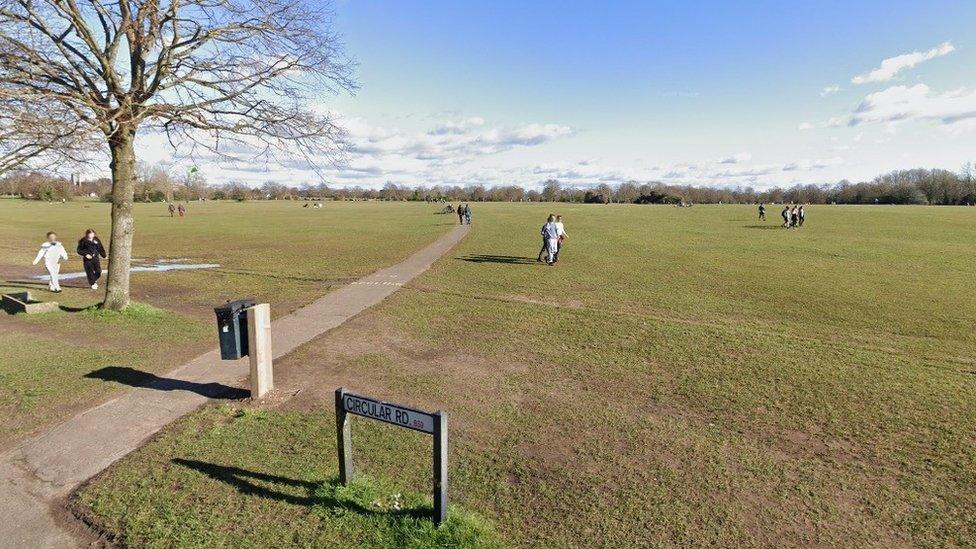Victorian era law blocks Bristol toilet's redevelopment
- Published
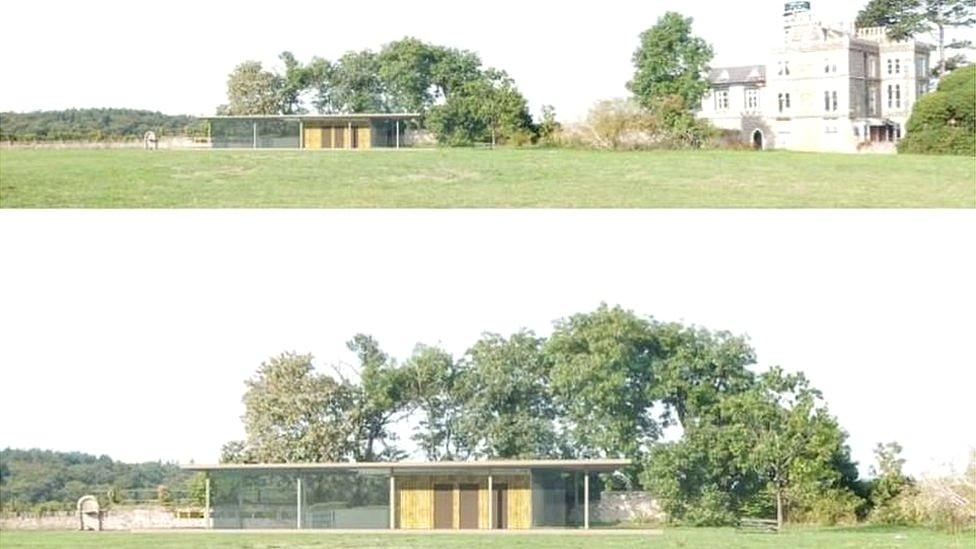
A Victorian-era law is stopping the toilet block being redeveloped unless parliament gives its approval
A law dating back more than 140 years is blocking an old toilet's redevelopment and only parliament can reverse it.
Bristol City Council granted permission last year to turn part of the block, on Clifton Downs, into a café.
But it has since emerged that a law dating back to 1861 protects the land from development.
To carry out any work, the council must first apply to the UK parliament for special permission.
It would require the House of Commons and the House of Lords to debate the plans, costing a huge amount of time, the Local Democracy Reporting Service said.
Green councillor Paula O'Rourke said parliament had been "very negative" about the idea, having been "concerned about it being vexatious and using up a huge amount of parliamentary time".
"It would have to go to both houses to be debated, just to extend the building by a few metres," she said.
"They were very clear that if we want to make any changes, then we would have to change the act."
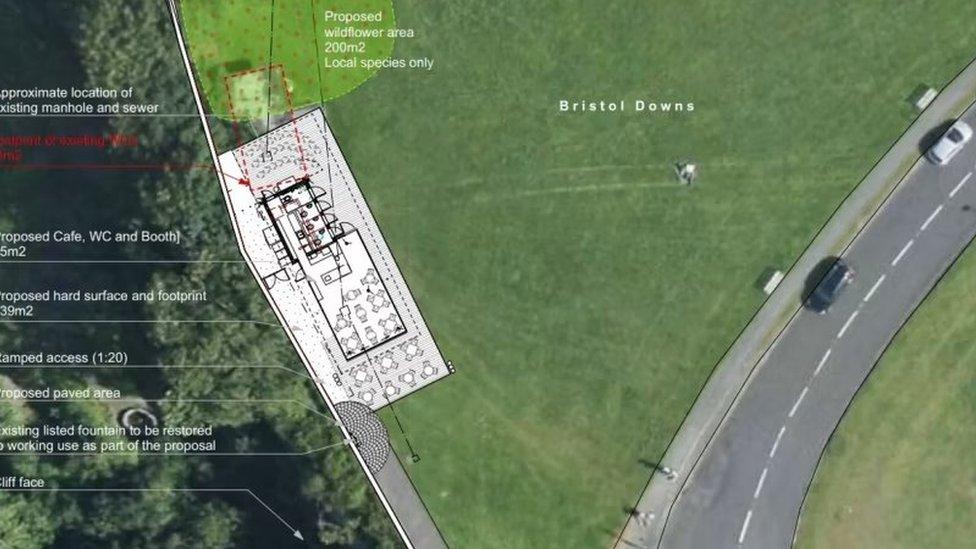
Unless the act is replaced, the plans need to be debated in the Houses of Parliament before they can be approved
The Downs are partly owned by the council and partly by the Society of Merchant Venturers (SMV).
It is overseen by the Downs Committee, which is made up of seven councillors and seven SMV members, the LDRS said, external.
The committee wants to build the café to raise income and help pay for the maintenance of the area.
But speaking on Tuesday, Ms O'Rourke said the Downs Act of 1861 had prevented the plan being approved.
Development 'discouraged'
Representatives from the committee consulted the Department for Levelling Up, which "discouraged" them from knocking down the toilets - thought to date back to the 1940s, the meeting heard.
Conservative councillor Steve Smith pointed out there was never a clause barring a change of use when the block was first built and suggested therefore they could build a café without going to parliament "as long as it's on the same footprint of the existing toilet block".
But Jonathon Baker, a business owner and SMV member, replied: "Don't go there. Just don't go there."
Previous estimates have put the cost of changing the Downs Act at £500,000.
Mr Baker cautioned against changing the law and even discussing it further during the public meeting.
He said: "It's very complicated and I could bore you for a very long time about it. It's really important we do it at the right time and when we know we can afford to do it."

Follow BBC West on Facebook, external, Twitter, external and Instagram, external. Send your story ideas to: bristol@bbc.co.uk , external
Related topics
- Published17 November 2022
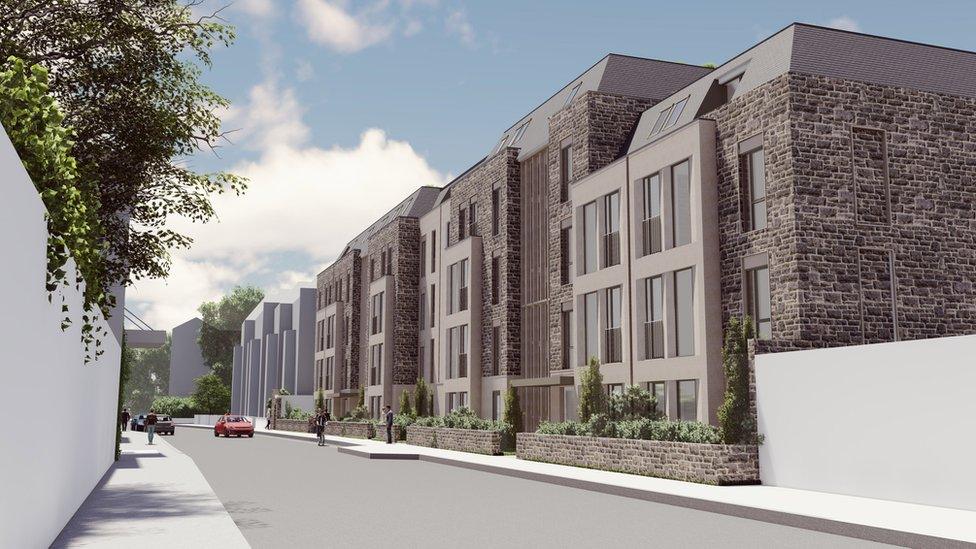
- Published9 November 2022
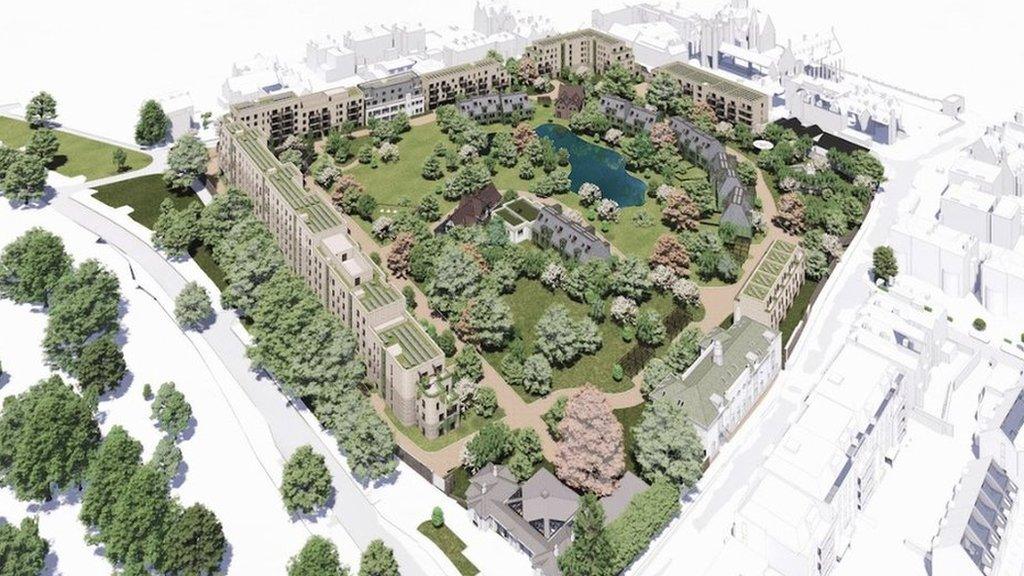
- Published25 January 2022
